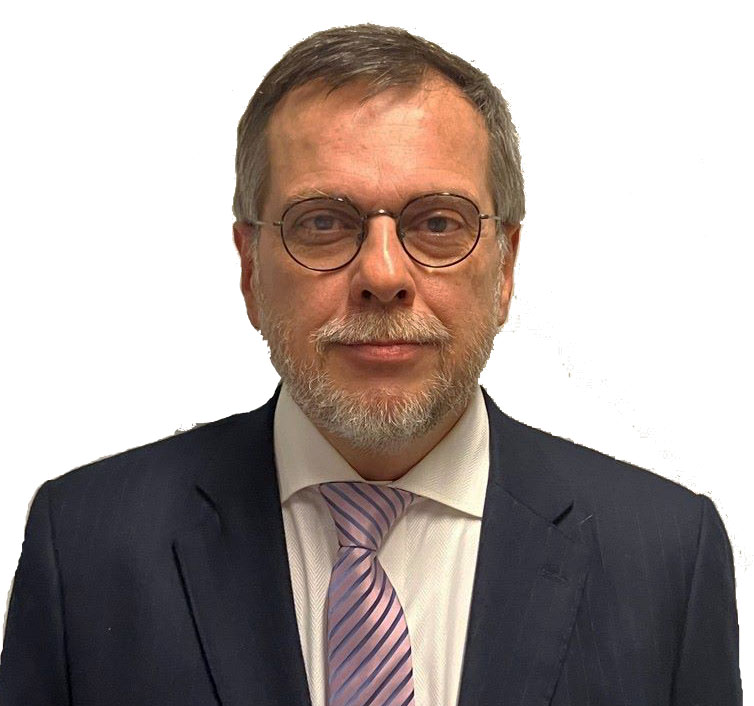Not many should become teachers... (James 3: 1)

Hezron Kirabo Rwanga
What you need to know:
- Regardless of motivation, technological innovation, or professional education, teachers remain accountable regarding their salvific influence towards the learners.
We continue celebrating World Teachers Day observed on October 5, under the theme, “The teachers we need for the education we want: The global imperative to reverse the teacher shortage”.
In Paris where the international celebrations were organised there was a discussion on “Recognition and appreciation: the role of teacher prizes in enhancing the status of the profession”.
Indeed prizes, appreciation and recognition all score partially into motivation of the workforce, however more than motivation will contribute to defining the education we want and the teachers we need to impart this education.
The Andreas Schleicher quote: “the quality of an education system cannot exceed the quality of its teachers” remains valid based on three biblical texts.
First, Galatians 6: 7, Do not be deceived: God cannot be mocked. A man reaps what he sows.
Second, Matthew 7:18, “A good tree cannot produce bad fruit, nor can a bad tree produce good fruit.
Thirdly, Matthew 10: 24, “Students are not greater than their teacher, and slaves are not greater than their master.” We see that indeed the education we want is to be perpetuated by the teachers who bear an influence on the learners.
According to the historian, journalist and academic, Henry Adams, “A teacher affects eternity; he can never tell where his influence stops.” We now have the perspective that the quality of the teachers, their esteem, their perceptions, their attitudes embody what is passed on in education for the future generation.
So what kind of education is being passed on to today’s learner, and by which kind of teacher?
The education reformer, philosopher and psychologist John Dewey said “If we teach today’s students as we taught yesterday’s, we rob them of tomorrow.” In this is an implication of the continuous need of refresher programs for teachers, either as in-service programs, on the job trainings or purposive education summits/ conventions for retooling the teachers’ fraternity.
Imagine the means/ alternatives/ media available to a teacher who is a digital immigrant to pass on education to a digital native or think of a baby boomer teacher in the class of gen z learners or those of generation alpha (born after 2010).
The National Teachers’ Policy in Uganda is therefore timely with the proposed continuous professional education for teachers. Among the policy’s priorities is the Establishment of the Uganda National Institute of Teacher Education to provide leadership in Continuous Professional Development (CPD) and the training of tutors.
We anticipate that the CPD frameworks will be accustomed to seasoning the transformative pedagogy befitting the century’s technology innovations and the learners, yet emphatic on nobility of values.
The Seventh-Day Adventist Church in Uganda organized an Education Convention in the September holiday at Katikamu Secondary School in Luweero District hosting teachers, parents, institution proprietors as well as church leaders from all over Uganda, with a theme “from good to great”.
In all his presentations, the main speaker Dr Richard Sabuin, General Conference Associate Director for Education from the World Church Headquarters in Maryland emphasized that the desired shift ‘from good to great’ for our education is wrapped in the ‘back to roots’ approach.
While this sounds like remaining gluey onto the archaic methods, participants appreciated a call for change interpolated between two bible texts (Jeremiah 6: 16 and Romans 12: 2), seasoned to keep the holistic philosophy of education untainted, even with the changing cultures, and innovations.
So, regardless of motivation, technological innovation, or professional education, teachers remain accountable regarding their salvific influence towards the learners.
Mr Hezron Kirabo Rwanga is a teacher at Bugema Adventist Secondary School.
[email protected]




